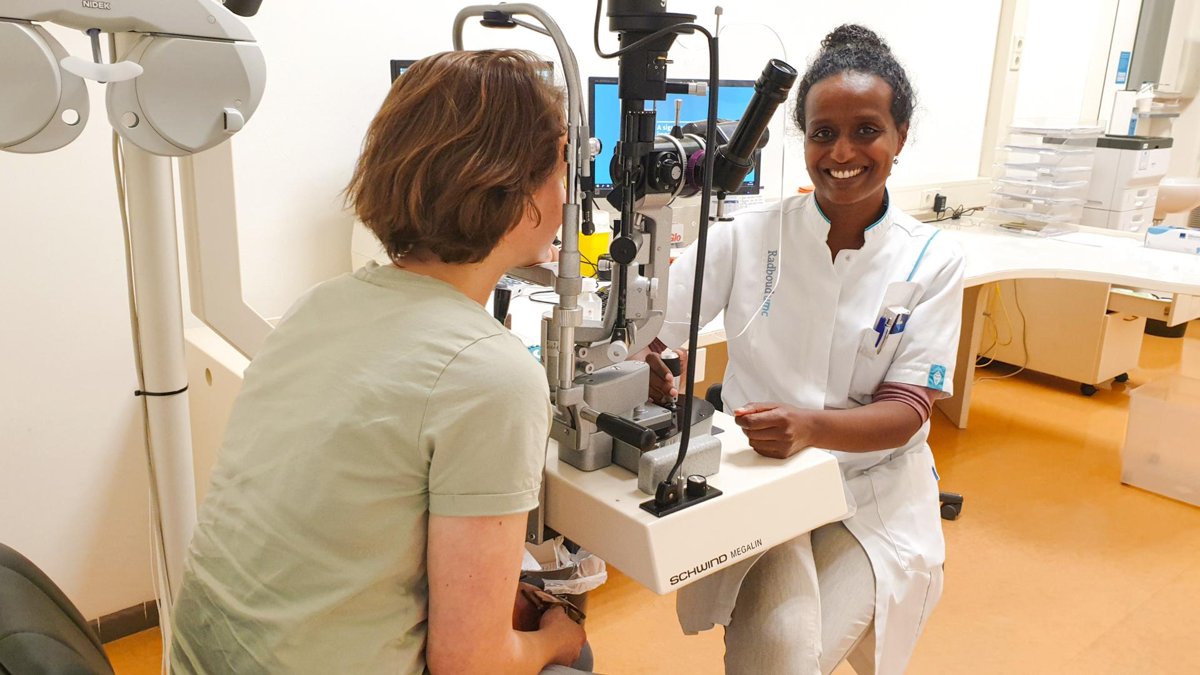Rules for Informed Consent
Informed consent is a process mandated by the Food and Drug Administration (FDA) where the study sponsor, healthcare professionals, and other individuals running the trial are required to give a potential volunteer complete information about the trial before they agree to participate. This information must be written in language that is easy to understand, and you must be given an opportunity to discuss the information in at least one personal interview. If you do not understand all of the information, ask a doctor or other medical professional for their help.
To help you decide if you want to participate in a clinical trial, the FDA requires that people are given the following information in the informed consent process:
- What will happen in the study
- Disclosure that the potential treatment is unproven and unapproved
- The purpose and length of the study
- Possible risks and benefits
- Disclosure that the FDA may look at personal health records, but those records will be kept confidential
- List other treatments/current standard of care that you may want to consider instead of the treatment being studied in this trial
- If you get hurt in the trial, what medical treatments will be made available, where you can find them, and who will pay for them
- The person(s) to contact with questions about the study, your rights, and the development of side effects
You must sign the form to show that you understand the information, but this is not a binding contract, and you can quit the study at any time. In addition, informed consent is a continuing process throughout the clinical trial to provide updated information to the participants.
The ethical and legal codes that govern medical practice also apply to clinical trials. Please note that some of the other protections for clinical trial volunteers are in the form of institutional review boards, data monitoring committees, and regular FDA inspections of data and facilities at the various trial site locations. In addition, individual participants’ names will remain secret.







